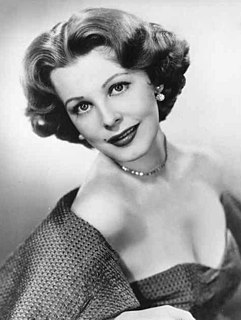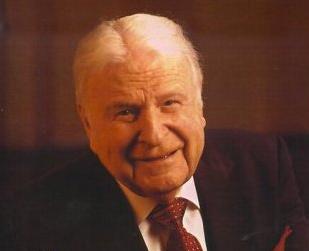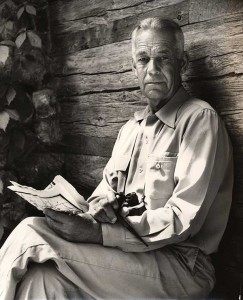A Quote by Johann Wolfgang von Goethe
The most fortunate of men, Be he a king or commoner, is he Whose welfare is assured in his own home.
Related Quotes
The absence of effective State, and, especially, national, restraint upon unfair money-getting has tended to create a small class of enormously wealthy and economically powerful men, whose chief object is to hold and increase their power. The prime need is to change the conditions which enable these men to accumulate power which is not for the general welfare that they should hold or exercise. We grudge no man a fortune which represents his own power and sagacity, when exercised with entire regard to the welfare of his fellows.
How do men feel whose whole lives (and many men's lives are) are lies, schemes, and subterfuges? What sort of company do they keep when they are alone? Daily in life I watch men whose every smile is an artifice, and every wink is an hypocrisy. Doth such a fellow where a mask in his own privacy, and to his own conscience?
In the rush of complex modern living, we have a tendency to laugh at the 'bring-Papa-his-pipe-and-slippers' approach to marriage - but most men are more than a little wistful at its demise. A man dreams of home as a haven and his wife as a romantic, fragrant creature whose most important goal in life is making him comfortable.
The realm of death seems an enemy's country to most men, on whose shores they are loathly driven by stress of weather; to the wise man it is the desired port where he moors his bark gladly, as in some quiet haven of the Fortunate Isles; it is the golden west into which his sun sinks, and, sinking, casts back a glory upon the leaden cloud-tack which had darkly besieged his day.
in that small [time] most greatly lived this star of England: Fortune made his sword, By which the world's best garden he achiev'd And left it to his son imperial lord. Henry the Sixth, in infant bands crown'd King of France and England did this King succeed; Whose state so many of had the managing, That they lost France and made his England bleed.
When a candidate for public office faces the voters he does not face men of sense; he faces a mob of men whose chief distinguishing mark is the fact that they are quite incapable of weighing ideas, or even of comprehending any save the most elemental - men whose whole thinking is done in terms of emotion, and whose dominant emotion is dread of what they cannot understand. So confronted, the candidate must either bark with the pack or be lost... All the odds are on the man who is, intrinsically, the most devious and mediocre.
Man's history is woven into waterways, for not only did he live beside them, but he used them as highways for hunting, exploration, and trade. Water assured his welfare, its absence meant migration or death, its constancy nourished his spirit. A mountain, a desert, or a great forest might serve his need of strength, but water reflects his inner needs.





































